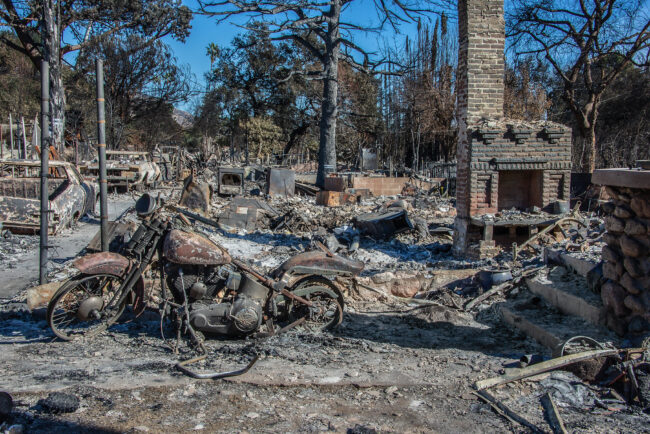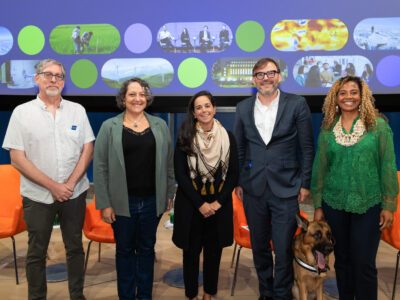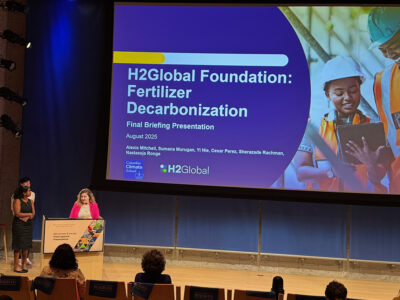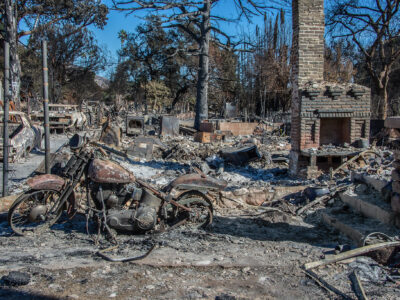Jeffrey Schlegelmilch
-

It’s Been One Year Since Wildfires Devastated Los Angeles. What Have We Learned?
In the wake of the fires, our disaster expert says that “we have the lessons we need to do better and recover better, but there is a stubbornness to learning and applying them.”
-

Columbia Climate School Experts on What Gives Them Hope in 2026
2025 was a tough year for climate action. Yet our experts see signs of progress on the horizon, and climate solutions within reach.
-

Columbia and Climate School Delegates Reflect on COP30
Columbia and Climate School faculty share their experiences from the annual climate conference, which took place in Brazil last month.
-

10 Delegates From Columbia and the Climate School Discuss What They Hope to Achieve at COP30
Columbia and Climate School representatives share their goals for this year’s global climate summit in Brazil.
-

Columbia Climate School’s Global Impact Scholars Confront Urgent, Real-World Problems
Faculty and students worked together on ideas for climate solutions, which were then presented at the Climate School showcase as part of Climate Week NYC.
-

Learning From Local and Global Climate Leaders: Highlights From the Climate School Showcase
As part of this year’s Climate Week NYC, the event included conversations between climate experts, interdisciplinary panels of researchers, and student presentations on the complex issues and possible solutions for the climate crisis.
-

Climate and Society Students Address Climate Challenges in the Real World
This month, Columbia Climate School students presented their summer capstone projects, which offered impactful solutions in health, the arts, policy, climate finance and urban resilience.
-

Global Climate Risk Index Ranks 188 Countries by Vulnerability and Access to Finance
Columbia Climate School identifies 65 “red zone” nations across four separate climate scenarios. The index helps close the gap between risk assessments and funding allocations.

By studying thousands of buildings and analyzing their electricity use, Columbia Climate School Dean Alexis Abramson has been able to uncover ways to significantly cut energy consumption and emissions. Watch the Video: “Engineering a Cooler Future Through Smarter Buildings“

